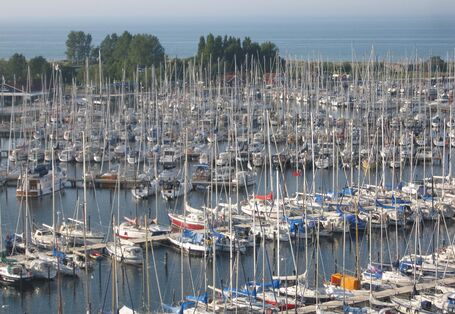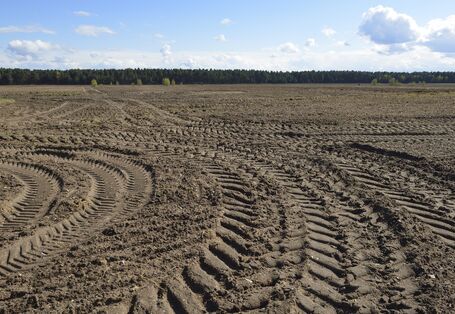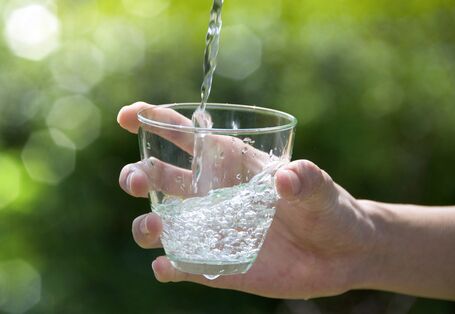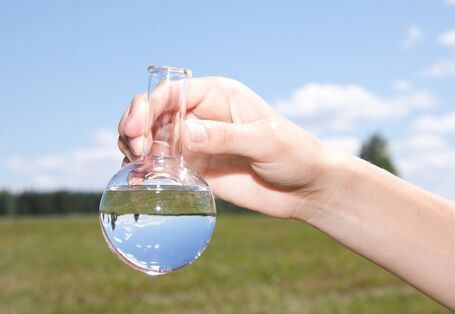Boat hull paints – a problem for our waters

Copper emissions from antifouling paints should be reduced

Water is a major source of all life. Streams, rivers, lakes, wetlands and oceans are a habitats for myriads of plants and animals. In addition, groundwater is the main source of drinking water and an underestimated natural habitat. Water mainly contribute to quality of life – food, daily hygiene and recreational activities. As a source of energy, transportation medium and resource, water is also a crucial economic factor. Due to increasing competition, effective protection and careful use of the water is crucial for biodiversity and sustainable uses of this important resource.

Copper emissions from antifouling paints should be reduced

CAP reform offers chance for more environmentally friendly agriculture on a broad scale

Limit values only seldom exceeded – nitrate in drinking water not present in high concentrations

Persistent substances in the water can lead to long-term problems.

The use of treated wastewater, e.g. for agricultural irrigation, can alleviate pressures on water resources. At the same time it poses risks as treated wastewater can contain pathogens and chemicals. By May 2018 the European Commission wants to publish a regulatory proposal for requirements. UBA President Krautzberger and EU Parliamentarian Wölken invited for a discussion on 22 March in Brussels.

The course of these streams is often straightened, changed and deepened to drain their floodplains and make them usable for agriculture.

Since 2016, there are new legal requirements for the assessment for nutrients and substances of the waters in Germany. New assessment procedures for hydromorphology were developed. These assessment instruments and the results of the application are described in the brochure "Waters in Germany: Status and Assessment".

Drinking water could become markedly more expensive in many regions across Germany, and it is because of the high levels of nitrate groundwater contamination. A family of four could then expect to add another €134 per year to their water bill.

The EU Commission is seeking to adopt EU wide minimum quality requirements for water reuse for agricultural irrigation and groundwater recharge by the end of 2017. As the current draft falls short to set standards that are rigorous enough to protect the environment and human health, UBA has published a Scientific Opinion Paper to express its concerns and recommendations.

The “Recommendation on sewage sludge handling” as part of the Helsinki Convention on the Protection of the Marine Environment of the Baltic Sea Area entered into force in March 2017. It defines the principles for the sustainable handling of sewage sludge in the Baltic Sea region.

Plastic waste is a major threat to the marine environment. But how to tackle this problem? The EU Plastics Strategy that is being discussed in the upcoming months can help reduce the input of plastics to the environment if it follows seven recommendations of the European environment agencies.

The German Environment Agency wants better protection of drinking water against "mobile" contaminants, chemicals which have entered the water cycle because they do not bind to solids such as sand or activated carbon.